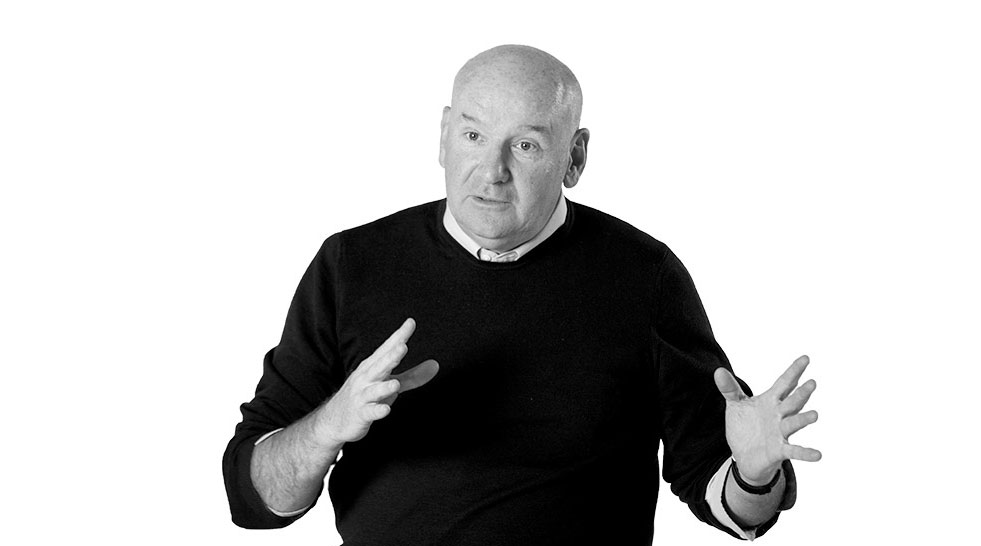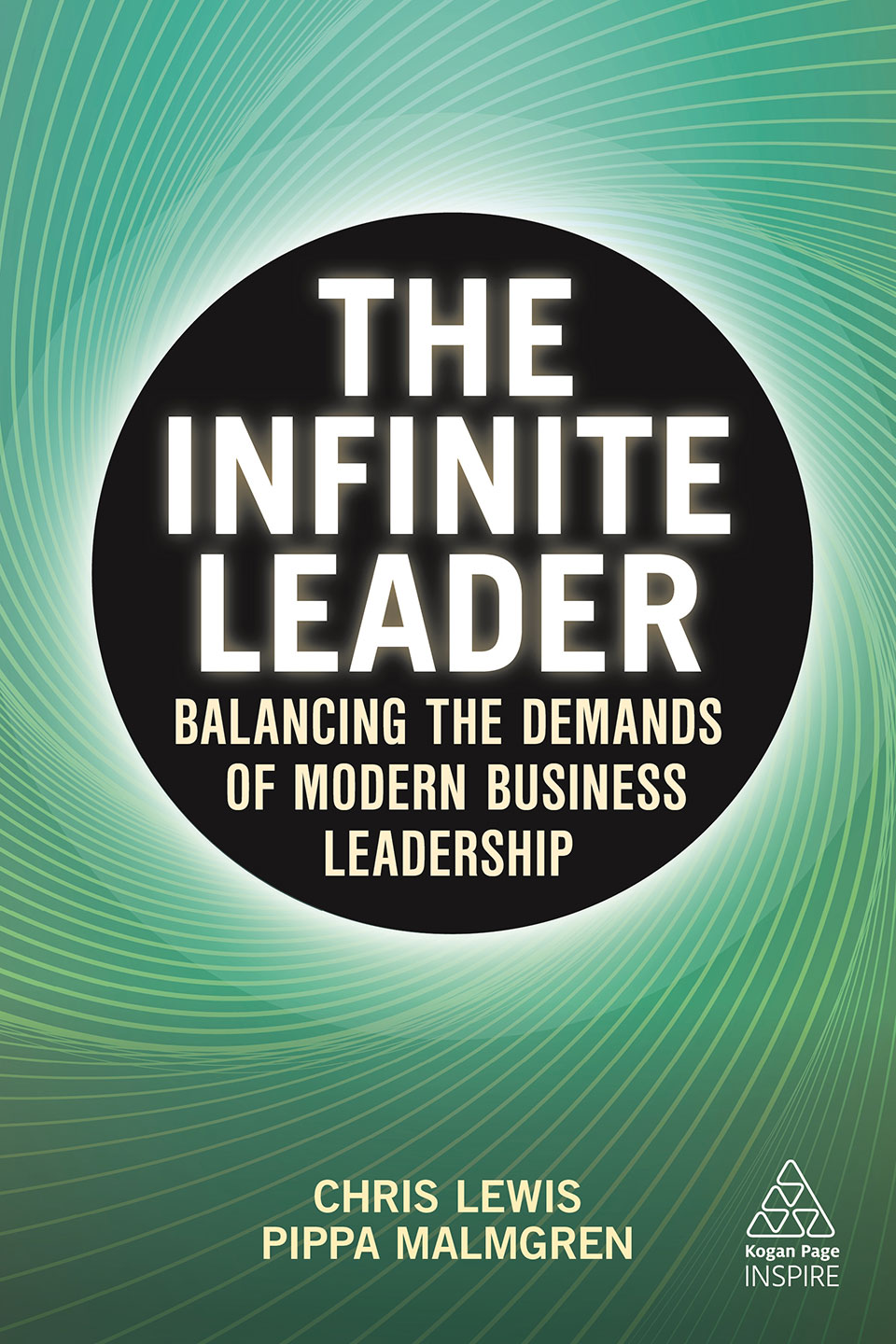What Are You Afraid Of?

Do you remember when you were a child the things that scared you? Was it the dark? Or the idea that something lurked under your bed? Or in the cupboard? Perhaps it was an animal, person or place that made you fearful? And how did you deal with the fear? In childhood, our feelings are so much more vivid. The joys more joyful and the fears more fearful. In most of our lives the thing that reduced or saved us from that fear was another person.
That is why this pandemic has been so punishing. The very thing we most need to reduce our fear is denied to us – the proximity of other people. This is why we hug our parents and children. The physical embrace often articulates the emotions that the brain cannot. There’s significant evidence that children who were not hugged, grow up with more problems.
This year we’ve really seen what fear can do. Whole sections of the community are living with it. From racial minorities and elderly communities that fear for their lives to workers who fear for their jobs and livelihoods. There are parents who fear for their children and children who fear for their parents. Everywhere we look, people are in fear.
It’s a universal emotion. We’ve all felt it and it defines us. Has your career been defined by what you want or what you don’t want? Truth be known, fear steers us more effectively than mere ambition. Those who achieve Silver before Gold have so much pain of failure that they subsequently win more Golds than those who do so at the first attempt.
Pain is a powerful motivator. Our accumulated knowledge of how to avoid pain is called ‘experience’. This is what we have boardrooms for. It is where experience is stored. Our boards should be good at seeing things that are not there. This is why a key leadership skill is not the prediction of one outcome, but the preparation for all of the outcomes. This is also why we need more diversity in boardrooms. Different people worry about different things. If the people are all the same, they worry about the same things. We call this a diversity of anxiety. It allows us to see and prepare for many more threats as a team than we could ever do as individuals.
We all have our fears. As a leader reading this, you are not one of the less afraid. You’re just worried about different things. For instance, some people worry about not having money. Then there are people who worry about losing the money they have. Then there are those who worry about the effects of having too much money. Those with money worry about whether their friends like them because of who they are or the money they have. There are very few without fear. It’s one of the great myths that somehow if you have lots of money, you have no fears. You are just scared of different things. We all have fear.
So why, when so many people are fearful, are leaders themselves the provenance of it? Of course, there are only two methods of motivation – the carrot and the stick. Most people, however, just want to do a good job. In a culture of leadership, fear of not doing a good job is fear enough.
Leaders have authority, but also responsibility. You have a ‘to do’ list, but do you have a ‘to-be’ list? After all, you can’t ‘do’ inspirational, reassuring, consistent, protective or humble. These are only things you can ‘be’.
If you consider yourself to be an entrepreneurial leader, recognise also that this is one of the few times when your leadership can really be seen. After all, anyone can lead when everything’s going well. But in turbulent economic and political times as your team enters the Winter quarter of the year and they’re in fear, well, now’s your time.
People don’t think well when they’re frightened. They don’t do anything well. Just think of what that fear can do in destroying confidence. Psychologists say that competence follows preference. They always have a way of complicating things. What they mean is that you get good at what you like doing. Why? Because if you like it, you want to do more of it. If you do more of it, you get good at it. If you get good at it, you get paid more. What’s not to like?
When everyone is so fearful, this is a time for you to be the balancing item and this is the central theme of the research for my latest book, The Infinite Leader. Our leaders are educated in schools and universities which measure individual achievement. There are whole swathes of leadership skills which are not taught or measured. These include compassion, empathy, humour, humility and collaboration. Remember that at a time of fear, not everything that counts, can be counted. In the same way, not everything that is counted, counts.
When you’re a leader, your job isn’t to be the smartest person in the room. If you think that, then you’re in the wrong room. When you’re a leader, your job is to make everyone else feel like they’re the smartest person in the room. And you can’t feel smart when you’re frightened. Your job as leader is to take away the fear, so people can think. You can’t have the presence of the positive without first ensuring the absence of the negative.
First job as a leader in these difficult times? Take away the fear.
Bring the best of the CEOWORLD magazine's global journalism to audiences in the United States and around the world. - Add CEOWORLD magazine to your Google News feed.
Follow CEOWORLD magazine headlines on: Google News, LinkedIn, Twitter, and Facebook.
Copyright 2025 The CEOWORLD magazine. All rights reserved. This material (and any extract from it) must not be copied, redistributed or placed on any website, without CEOWORLD magazine' prior written consent. For media queries, please contact: info@ceoworld.biz









